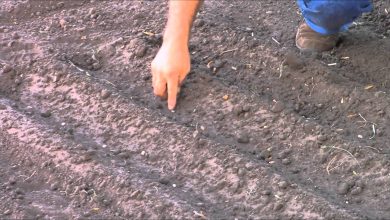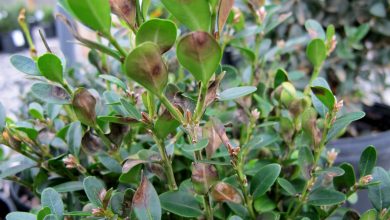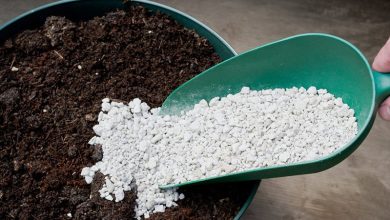Fenugreek: [Utility, Intake, Contraindications and Active Principles]
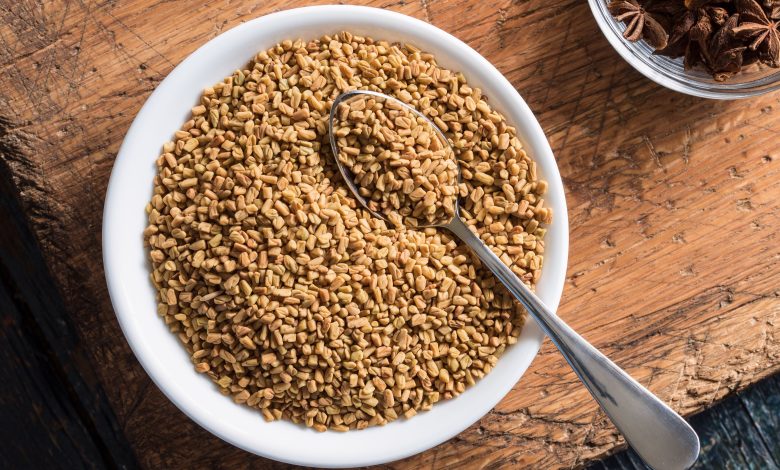
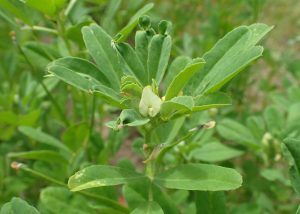 Fenugreek, also known as fenugreek, is a spice of oriental origin that has a series of health benefits, beyond its gastronomic usefulness.
Fenugreek, also known as fenugreek, is a spice of oriental origin that has a series of health benefits, beyond its gastronomic usefulness.
It can be used for therapeutic purposes for health problems as complex as diabetes. Do you want to know how you can include it in your daily diet and get the most out of it?
Below we will give you all the details of what fenugreek is, what it is for and some more information that will interest you.
What is fenugreek?
Fenugreek is a seed that is used as a spice in Eastern culture, especially for making curry.It is highly valued in this area, but even more so with regard to medicine, as a series of healing properties are associated with it.
In its natural habitat, it is capable of reaching 40 centimeters in height, developing its entire life cycle in one year. It can be recognized thanks to its smell, which is very penetrating. It produces variable flowers between yellow and white colors.
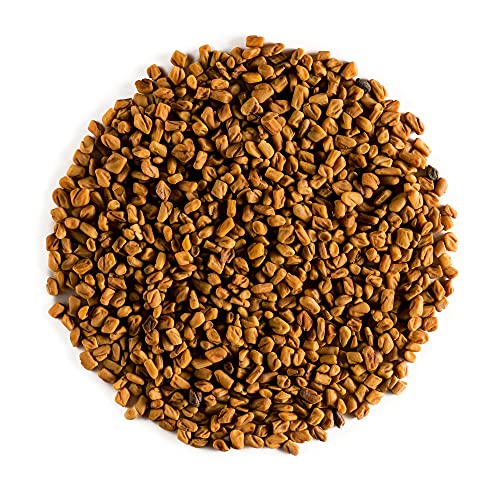
Being a leguminous plant, it results in an elongated fruit that culminates in a sharp point. Inside this fruit are the seeds. In general, each fruit contains 10 to 20 seeds and the latter are the ones with medicinal properties.
What is fenugreek used for?
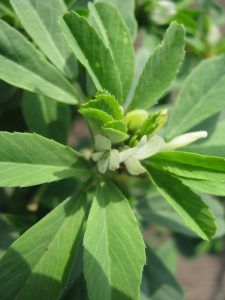 Fenugreek can be useful to treat some problems of the digestive system, improving for example constipation. It is also a useful species to help in the treatment of diabetes.
Fenugreek can be useful to treat some problems of the digestive system, improving for example constipation. It is also a useful species to help in the treatment of diabetes.
Women may find relief from symptoms associated with the menstrual period because it helps in this matter. It is capable of contributing to the regeneration of skin tissues that have suffered some damage.
It is anti- inflammatory, antioxidant, antiseptic, takes care of the circulatory system, prevents anemia and combats other problems such as anorexia.
How is fenugreek seed ingested?
The consumption of fenugreek seed has many modalities, depending on whether you work it raw, in drops, in powder, in capsules, among others.
fenugreek infusion
When you have the seeds as such, the ideal is to prepare an infusion with running water, letting the water come to a boil and adding the seeds.This preparation must be left to boil for about 5 minutes and then strain to consume the liquid.
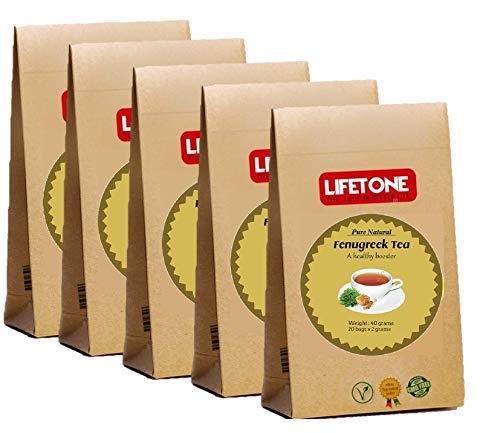
Ideally, you should take this preparation on an empty stomach and always alternating between a week of 7 days of consumption and 7 days of rest.
capsules and drops
These two presentations usually come prepared and ready for consumption because they are for commercial sale in health food stores or herbalists. The recommended dose will depend on the problem to be treated, recommending the capsules a maximum of 4 times a day.
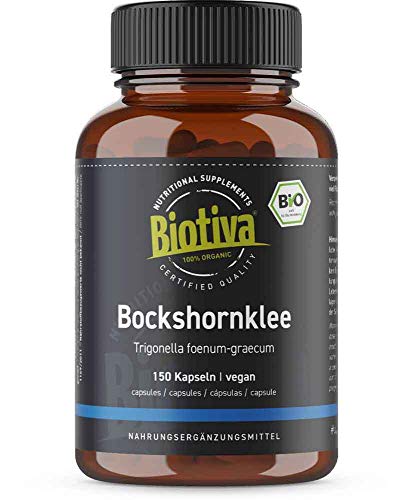
In the case of drops, these can be diluted in water or fruit juices and taken 3 times a day.
Dust
It is an ideal version to accompany with the morning coffee, dissolving it there.It must be taken into account that the powder is obtained by grinding the seeds, so the content will be very concentrated, so the quantities must be measured well.
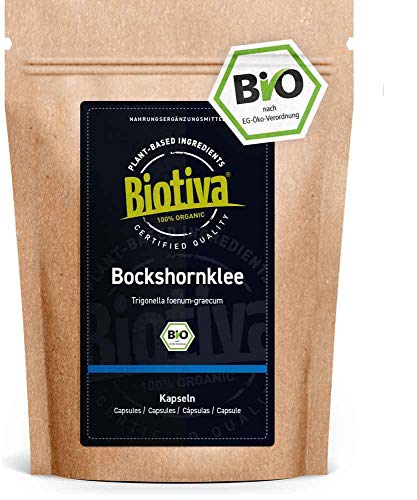
What happens if we take fenugreek every day?
Fenugreek is a safe spice to consume, even on a daily basis, both in the culinary field and in the form of therapeutic doses. Even when extracts are used, which are more concentrated, fenugreek is very safe.
What are the contraindications of fenugreek?
Despite being a very safe spice, it is better to restrict its use in certain cases such as:
- Pregnancy, since components such as coumarins can have a harmful effect on the correct formation of the fetus.
- To children who are under two years old, age in which the use of any type of medicinal plant is practically harmful.
- When women are breastfeeding, they should consult a professional if it is worth the risk, since the bitter taste could impact the taste of the milk.
- If you suffer from allergies to any of the active ingredients of the plant, although there are times when these are known only after consuming a very concentrated dose.
- Always consult with the treating physician if you are taking any type of medication, since the active ingredients could negatively interact with some of them.
Where is fenugreek found?
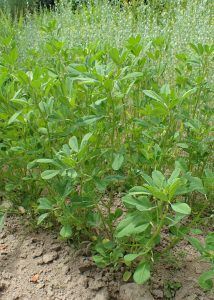 Being an oriental spice, it is not strange to learn that fenugreek comes from Asia, specifically from India. Studies have pointed out that it is also found naturally in Africa.
Being an oriental spice, it is not strange to learn that fenugreek comes from Asia, specifically from India. Studies have pointed out that it is also found naturally in Africa.
Today, Europe has a large quantity of fenugreek planted everywhere: open fields, home gardens, paths, among others.
The reason is that it can work with human intervention or occur naturally, without any help. Its time of greatest value begins in spring, with flowering.
Then, it goes on to the process of fruit formation until the collection of the seeds. This last process occurs late in the summer, when the vegetables are ready to be harvested.
What are the active ingredients of fenugreek?
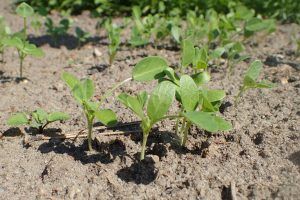 Fenugreek has a series of active ingredients that are the ones that really act on health problems.
Fenugreek has a series of active ingredients that are the ones that really act on health problems.
In the first instance we have the mucilages, whose presence is greater than 20% of the weight of the plant. This condition makes it useful as a laxative.
On the other hand, it is valuable for its nutritional content, since it contains iron, fiber and is low in calories.
Oils are another component worth mentioning, especially since they play an important role against inflammatory processes. Both fatty oils and essential oils are included here. An example of the latter is anethole.
Fenugreek is rich in other compounds such as lecithin, flavonoids, phytosterols, mineral salts, polysaccharides, phytin, vitexin, coumarins, proteins, among many others.
Without a doubt, fenugreek is an ideal plant to support health through natural methods. You just have to be careful not to exceed the recommended doses, since they have been studied to give the answers that are expected without the need to exaggerate.
Bibliographic references
- Fenugreek, a legume with great potential for dry land in Spain , MTM Prado, E Zambrana… – Tierras de Castilla y…, 2019 – dialnet.unirioja.es
- Analysis of fenugreek (Trigonella Foenum-Graecum) and its application in hot cooking in the city of Guayaquil, JD Cárdenas Pita – 2020 – repository.ug.edu.ec
- Fenugreek, EM Herráiz – Quaderns de la Fundació Dr. Antoni Esteve, 2009 – raco.cat
- Uses and properties of spices and condiments, LDR Almeida Romero – 2012 – repository.utn.edu.ec
- Evaluation of quinoa and fenugreek extracts as inhibitors of digestive enzymes by means of traditional assays or under intestinal conditions, J Navarro del Hierro, T Herrera, T Fornari, G Reglero… – 2018 – digital.csic.es

